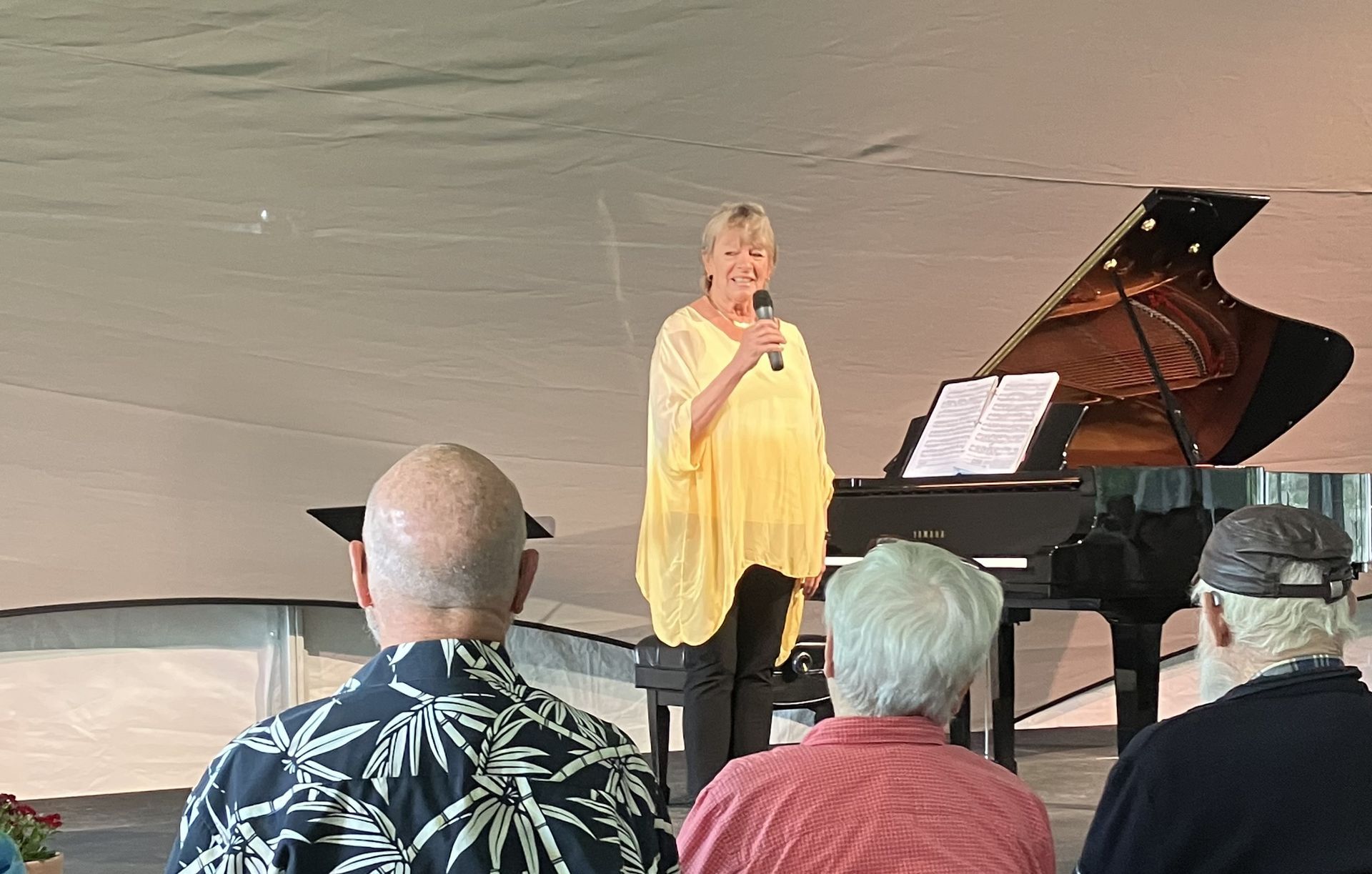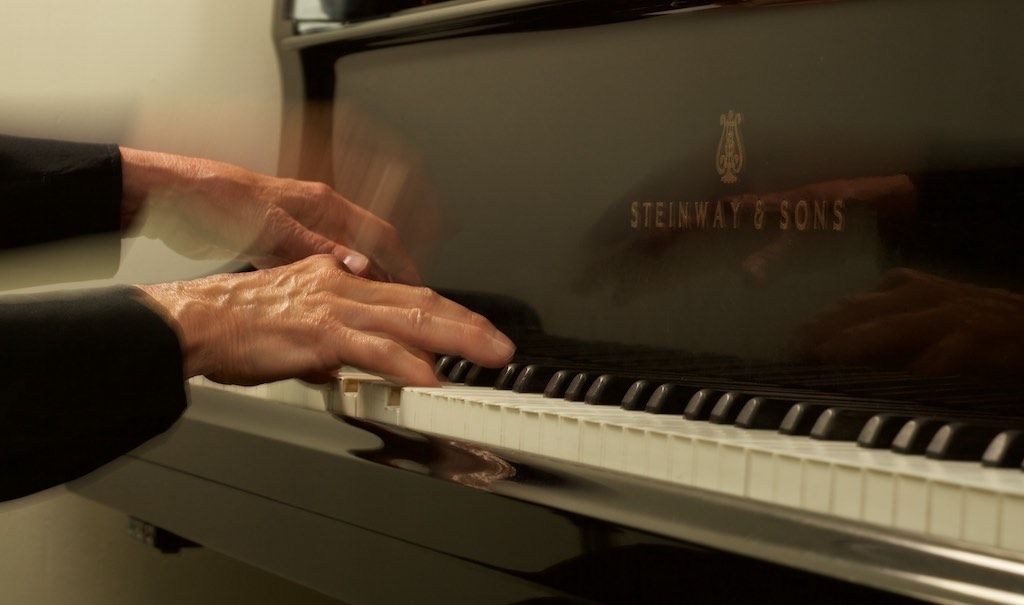Lecture-Recitals
Jacquelyn Helin
Piano Lecture-Recitals Santa Fe, New Mexico
Positioning works of art in their historical context or sharing information about the composer or piece of music opens up the musical world to an audience. I love sharing information about a composer or historical period and helping an audience to hear a work of art in its context. The audience is challenged to go beyond passive listening to listening “for” what the composer was after.

“Jacquelyn Helin is a highly accomplished musician and presenter. Her lecture/recitals have proven to be immensely popular, thanks to her exceptional performance and presentation skills and her thoughtful insights. Each year, her devoted audience continues to grow. She is also very responsive, detailed, and professional in her communications and interactions. All at RENESAN recommend her highly.”
Sally Trigg, EXECUTIVE DIRECTOR OF RENESAN

